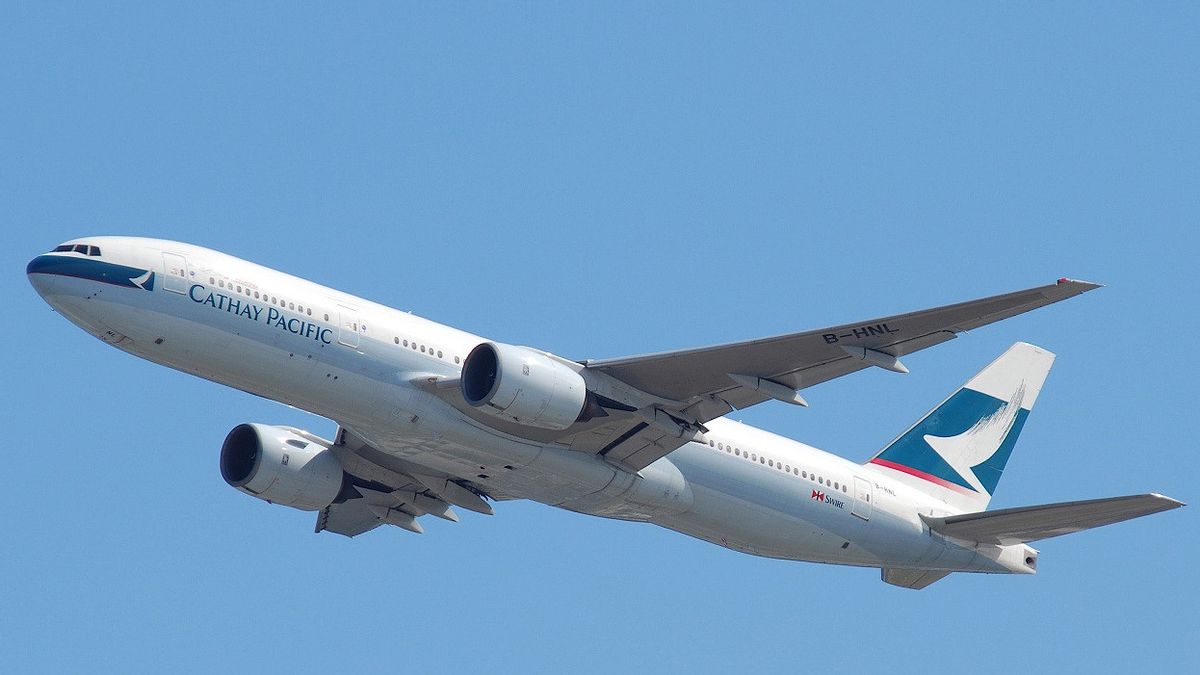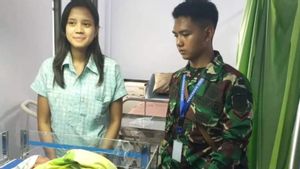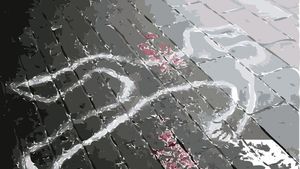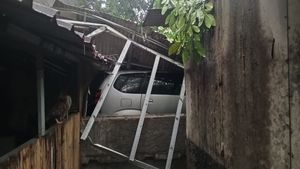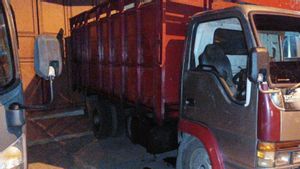JAKARTA - The engine failure of United Airlines Flight 328's Boeing 777-200 in Denver, United States last weekend had a long tail. The United States Federal Aviation Administration (FAA) is considering stricter engine inspections.
The FAA will carry out an immediate inspection of the Boeing 777 using the Pratt Whitney PW4000 engine, before allowing the aircraft to take off again.
"Operators must carry out thermal acoustic image checks of the large titanium fan blades located at the front of each machine," said the FAA.
"Based on preliminary results when we receive them, as well as other data obtained from ongoing investigations, the FAA may revise this directive to set new intervals for this examination or subsequent examinations," continued the FAA.
Meanwhile, the United States National Transportation Safety Agency (NTSB) said the cracked fan blades of the burning United Flight 328 engine were consistent with metal fatigue.
It is known that the engine used in the 26-year-old Boeing 777 in the Denver incident was the PW4000. The engines are used on 128 aircraft, or less than 10% of the global fleet of more than 1,600 delivering 777 wide-body jets.
In March 2019, following a 2018 United Airlines engine failure caused by fan blade fatigue, the FAA ordered an inspection every 6,500 cycles. The cycle is one takeoff and landing.
An airline will typically accumulate 1,000 cycles every 10 months on the 777, according to industry sources with knowledge of the matter.
A spokesman for Pratt, which is owned by Raytheon Technologies, said the fan blades needed to be sent to its repair station in East Hartford, Connecticut, for new inspections, including from airlines in Japan and South Korea.
The FAA spent the past two days discussing the extent of inspection requirements, according to a source with knowledge of the matter. On Monday, the FAA acknowledged that following the Japan Airlines engine incident in December 2020, it had considered increasing blade inspections.
The English, Chinese, Japanese, Arabic, and French versions are automatically generated by the AI. So there may still be inaccuracies in translating, please always see Indonesian as our main language. (system supported by DigitalSiber.id)
